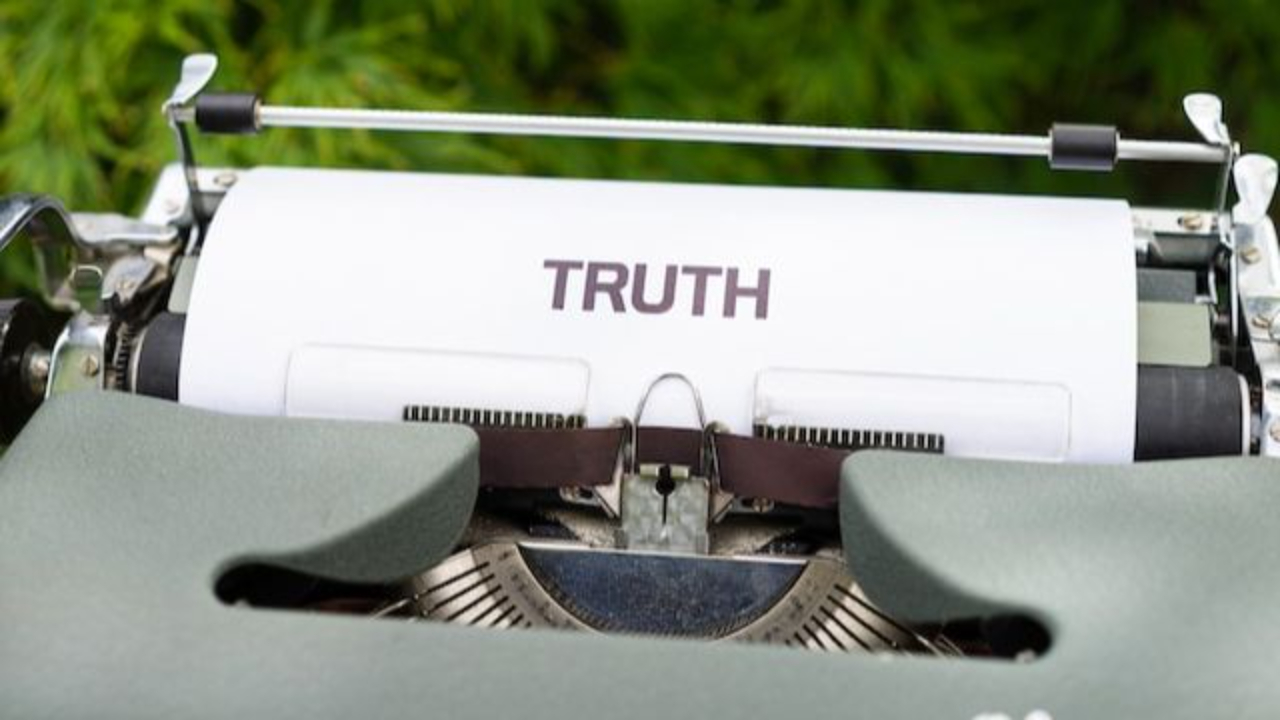The Truth About TSH Suppression in Thyroid Hormone Replacement Therapy

Are you taking thyroid hormones to treat your hypothyroidism but YOUR DOCTOR FREAKS OUT ABOUT A SUPPRESSED TSH on your labs? This is unfortunately very common and I consider it to be borderline malpractice, because it is a misguided, false fear that keeps patients sick and hypothyroid. The misinformation about a suppressed TSH ends here.
Through my work as a thyroid author and expert, you will learn that a lot of patients on NDT (Natural Desiccated Thyroid), and other T4/T3 combinations or T3-only treatment, have doctors who see a suppressed TSH on their patients labs and freak out. Then the doctor immediately reduces the patient's dose - this is one of the biggest mistakes of uninformed doctors and endocrinologists.
A fully suppressed TSH often looks like a value of 0.01 on a TSH blood result, and the classic TSH reference range is usually (.5 - 5.0).
Below is an excerpt from Dr. Gary E. Foresman, MD taken from the Q&A section of my #1 bestselling book The Paleo Thyroid Solution. I cannot even count the number of times I have had to cut and paste the below information into emails, social media posts, etc., because it is one of the biggest failures of uninformed doctors and endocrinologists. The below commentary from Dr. Gary E. Foresman MD - ONLY APPLES to patients on a T4/T3 combo like compounded thyroid, synthetic, or Natural Desiccated Thyroid (NDT), or patients on T3-only. CRITICAL NOTE: The below information from Dr. Foresman DOES NOT APPLY AT ALL for people who take T4-only (levothyroxine-only) as thyroid hormone replacement (If you are on T4-only and you have a suppressed TSH, that is a dangerous red flag and it means that you are working with a uninformed endocrinologist or doctor. Suppressing a TSH when someone is on T4-only can make a patient hyperthyroid or give the patient a Reverse T3 problem.)
Here is the story of how these false fears of a suppressed TSH came to be...
“Studies from decades and decades ago indicated that a suppressed TSH might be an issue. What they used to do more than twenty-five years ago was given high doses of Levothyroxine (T4) to patients with the intention of suppressing their TSHs to shrink thyroid gland nodules. A very bad, outdated protocol that doctors no longer practice. At the time, they used such high doses of T4 that they were making some people chronically hyperthyroid, and of course, we're seeing bone loss, arrhythmias, etc. The medical community stopped implementing that practice because of those outcomes. But unfortunately, as a result of that antiquated practice, there are still doctors who think that a suppressed TSH is dangerous to the patient.
All of the studies in the last few decades indicate that TSH suppression has no association with some of those feared results, like osteoporosis. Interestingly enough, my patients with the lowest TSH values have the best bone density scores. I have had patients move to another state, and their new doctor refuses to prescribe NDT or compounded. And as soon as the doctor sees a suppressed TSH, the doctor freaks out and lowers the patient’s thyroid medication.
It’s an antiquated belief system based upon the decades-old history of using T4-only as a suppressive thyroid hormone to shrink thyroid nodules which is no longer practiced because of the negative outcomes. As a result of those outcomes, doctors are still afraid of suppressing TSH, even though the literature has shown for decades now that you can suppress TSH with no metabolic consequences whatsoever. A suppressed TSH does not lead to heart failure, it does not lead to arrhythmia, and it does not cause osteoporosis." - Dr. Gary E. Foresman MD
To wrap it up - the outdated practice of using high doses of T4-only to suppress TSH for the purpose of shrinking thyroid nodules is no longer practiced, is not supported by current clinical evidence and can have negative effects on the body. Uninformed thyroid doctors and endocrinologists are holding onto false fears based on an outdated practice, while failing to understand the nuanced differences between T4-only treatment and T4/T3 combinations or T3-only. For patients who take full thyroid hormone replacement doses for hypothyroidism in the form of T4/T3 combinations or T3-only will often have a suppressed TSH of 0.01 on bloodwork - not a concern. In fact, most patients feel their best when the TSH is suppressed in these situations.
About the author: Elle Russ is the #1 bestselling author of The Paleo Thyroid Solution, a world-renowned thyroid expert, and master coach.Take her Thyroid Masterclass HERE
Sign Up For My Newsletter!
I hate SPAM. I will never sell your information, ever.


